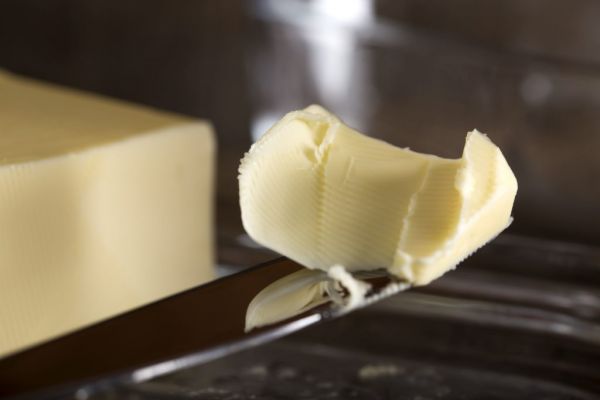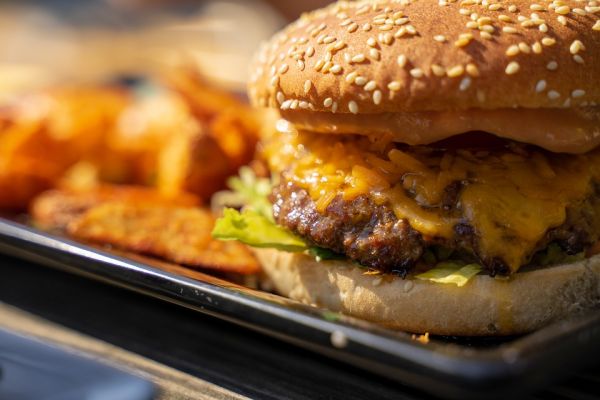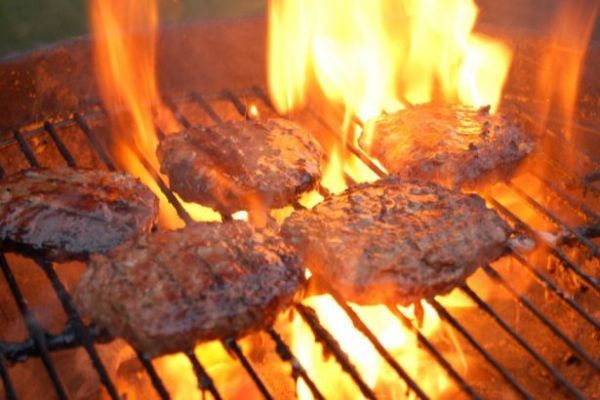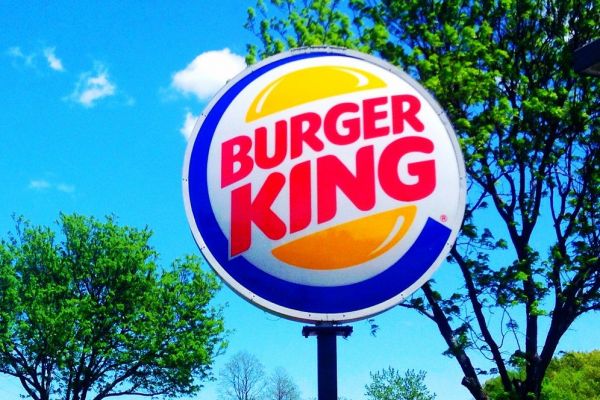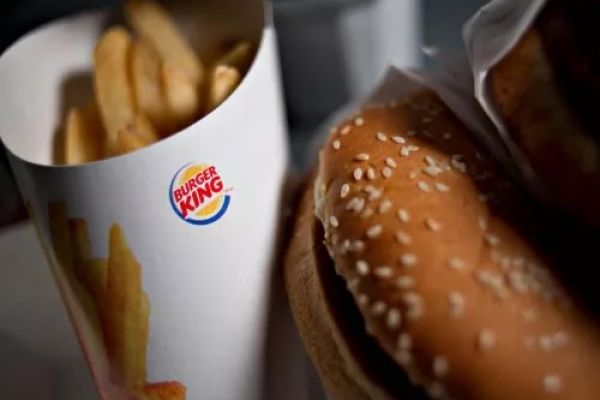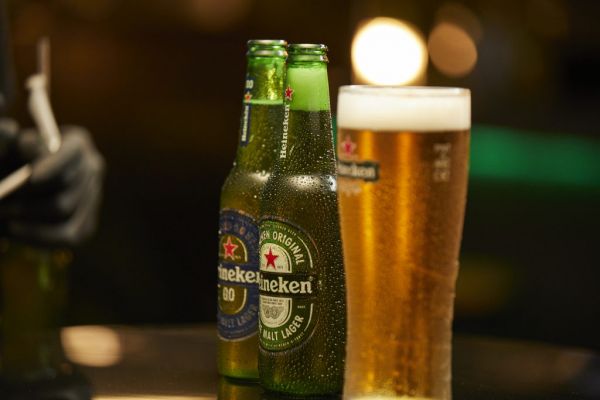Hipsters are dropping it into cocktails and coffee. A major food distributor is packing it into a trendy new pastry. Bob Evans Farms Inc is slipping it into waffles and McDonald’s Corp onto its signature muffins.
What’s this new craze? It’s none other than your grandparents’ standby, butter. Yes, butter, it turns out, is having a moment. Americans are forecast to eat a whopping 8 per cent more of the stuff than last year, reaching 940,000 metric tonnes, almost the weight of three Empire State Buildings. That’s the most since at least 1967, Department of Agriculture data shows.
Once reviled as public-health enemy number one, butter is now being pitched as a more wholesome alternative to margarine and trans fats. It helps that dietary experts are now training their sights on the evils of sugar, shifting the spotlight away from butter’s artery-clogging glory.
Diners don’t need much convincing when eating delights from distributor US Foods Holding Corp, where butter sales jumped almost 7 per cent last year even as overall revenue fell slightly. The company is pitching a pastry, called the Kouign Amann, a 330-calorie variation on a caramelized croissant. It’s one-fourth butter.
“It has this umami quality to it where your mouth just waters, and you want to keep shoving it into your face,” said Rick Gresh, director of US culinary operations for AceBounce in Chicago, a restaurant that will be selling the pastry in June.
Dieters Beware
Like all diet trends, this one may be going too far, cautioned Kristin Kirkpatrick, a dietitian who manages nutrition programs at the Cleveland Clinic Wellness Institute.
“Butter is still a fat and still has lots of calories,” she said. “If you’re cooking something like an egg, or you’re sautéing something, I think that olive oil is a better option.”
Another strike against butter: escalating costs. Futures prices on the Chicago Mercantile Exchange are up 14 per cent over the past five months and are the most expensive ever for this time of year at $2.19 a pound.
Butter’s popularity soared in the first half of the 20th century when supplies were plentiful. Shortages and rationing of the fat during World War II, however, paved the way for a margarine boom that peaked in the 1970s and ’80s. No more. Every day, Siena Tavern in Chicago prepares about 500 baseball-sized, golden-fried dough balls called coccoli. The decadent $17 appetizer is served with stracchino cheese, prosciutto di parma and truffle honey.
“It’s basically butter and egg, and that’s it,” said Benjamin Dirck, sous chef at Siena, operated by DineAmic Group, which owns five other restaurants. “Butter is what gives it the richness and makes it nice and flaky.”
Italian restaurant chain Fazoli’s, with 214 US outlets, is ridding its twice-baked lasagna and Alfredo sauce of oil and margarine in favour of butter. Chief marketing officer Donna Josephson considers butter worth the extra cost. “There’s an investment,” she said. “But it’s better.”
Wendy’s Co remains a holdout. The burger chain tried switching entirely to butter for a potato topping, but customers weren’t happy when it didn’t melt as quickly as their previous spread. The company is sticking with its old substance, made with soybean oil, coconut oil and butter.
Bulletproof - a fashionable seller of food and supplements - recommends plopping a couple tablespoons of unsalted grass-fed butter into coffee to “energise your mind and body.”
And don’t forget a classic combination: infusing alcohol with butter. In the trade, it’s known as a fat-washed cocktail. At Back Bay Harry’s in Boston, it’s a popular concoction. One drink, called The King of the North, graces the top of a featured list: old forester bourbon, contratto rosso and, well, butter.
News by Bloomberg, edited by Hospitality Ireland
